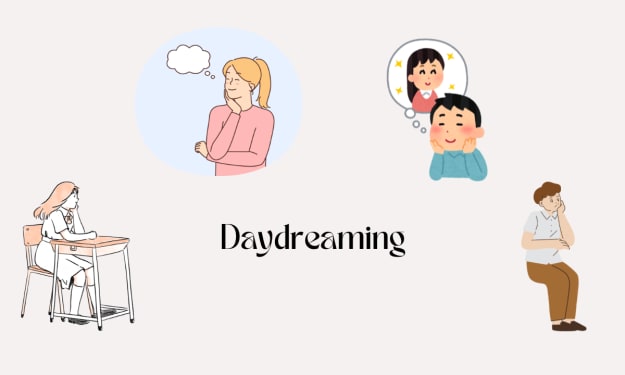10 Habits That Can Hurt Your Brain - Premier Neurology & Wellness Center
Habits That Could Potentially Impact Brain Health Negatively.

Introduction:
Habits play a significant role in shaping our behavior and overall well-being. Unfortunately, not all habits are good for us, especially when it comes to our brain health. Premier Neurology & Wellness Center aims to shed light on the detrimental habits that can harm our brain and impact our cognitive abilities. By avoiding these habits, we can preserve and enhance our brain health, leading to a better quality of life. Let's dive into the ten habits to be wary of:
1. Lack of Sleep:
Sleep deprivation is one of the most harmful habits for brain health. When we consistently do not get enough sleep, it affects our memory, cognitive functions, and overall mental health. Aim for seven to eight hours of quality sleep per night to give your brain the rest it deserves.
2. Sedentary Lifestyle:
Leading a sedentary lifestyle devoid of regular exercise can be detrimental to brain health. Exercise promotes blood flow, stimulates the growth of new brain cells, and improves cognitive function. Incorporate at least 30 minutes of moderate exercise into your daily routine to keep your brain in top shape.
3. Unhealthy Diet:
Consuming a diet high in processed foods, saturated fats, and sugar has been linked to an increased risk of cognitive decline and neurodegenerative diseases. Opt for a brain-healthy diet rich in fruits, vegetables, whole grains, lean proteins, and healthy fats to nourish your brain.
4. Excessive Alcohol Consumption:
While enjoying an occasional glass of wine is not harmful, excessive alcohol consumption can have severe negative effects on the brain. Alcohol leads to the loss of brain tissue, disrupts neurotransmitter function, and impairs cognitive abilities. Moderation is key.
5. Smoking:
Tobacco smoke contains harmful chemicals that decrease blood flow, damage blood vessels, and elevate blood pressure, all of which can have detrimental effects on the brain. Quitting smoking can significantly improve brain health and overall well-being.
6. Stress and Anxiety:
Chronic stress and anxiety can have a harmful impact on the brain, leading to cognitive impairment and affecting the function of various brain regions, including the temporal lobes. Seek healthy coping mechanisms, such as meditation or therapy, to manage stress and preserve brain health.
7. Poor Hydration:
Maintaining proper hydration is vital for overall brain function. Dehydration can impair cognitive performance, attention, and memory. Make it a habit to drink an adequate amount of water each day to keep your brain hydrated and functioning optimally.
8. Neglecting Mental Stimulation:
A lack of mental stimulation can lead to cognitive decline and affective disorders. Engaging in activities that challenge your brain, such as reading, puzzles, learning new skills, or engaging in stimulating conversations, can promote neuroplasticity and enhance cognitive abilities.
9. Ignoring Hearing Loss:
Untreated hearing loss has been associated with an increased risk of cognitive decline and brain volume loss. Regular hearing check-ups and utilizing hearing aids, if necessary, can help maintain brain health as we age.
10. Isolation and Lack of Social Interaction:
Humans are social beings, and social interaction is essential for our mental and cognitive well-being. Isolation and a lack of social interaction have been linked to poor brain health and an increased risk of mental conditions. Make an effort to connect with others, participate in social activities, and build a strong support network.
By avoiding these harmful habits and adopting brain-healthy behaviors, we can protect our cognitive function, preserve brain health, and improve our overall well-being. Remember, it's never too late to make positive changes, and taking care of our brain should be a priority in our daily lives. Consult with a mental health professional or neurologist for guidance and support in promoting a healthier brain.
About the Creator
Dystopia
Living with ADHD and BPD is tough. However, it has given meaning to my life and has a positive impact on my loved ones. Society needs to show understanding and support for people with mental health disorders.
Enjoyed the story? Support the Creator.
Subscribe for free to receive all their stories in your feed. You could also pledge your support or give them a one-off tip, letting them know you appreciate their work.






Comments
There are no comments for this story
Be the first to respond and start the conversation.